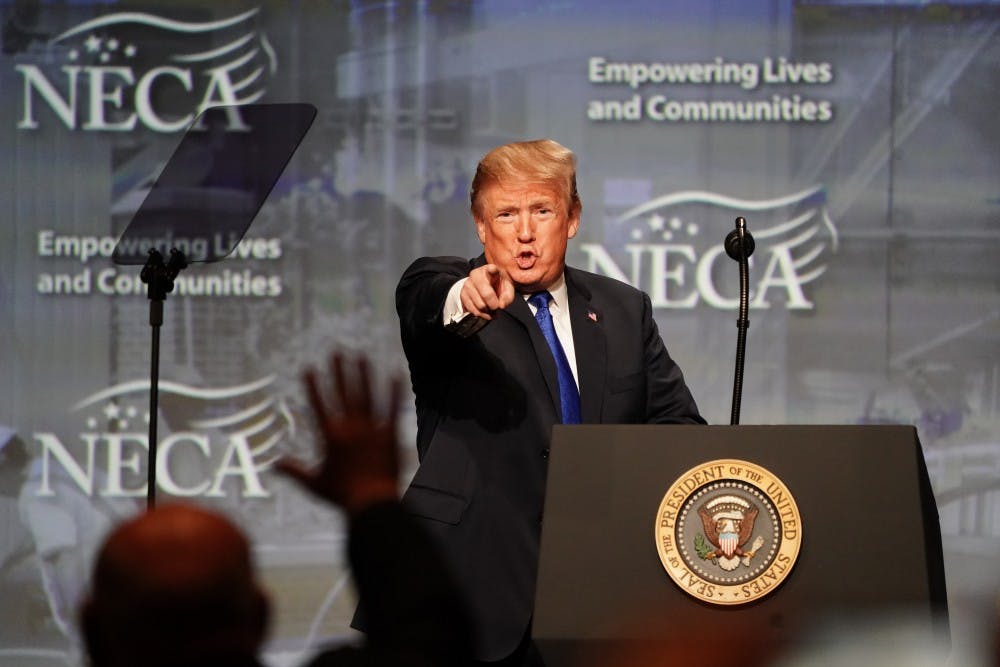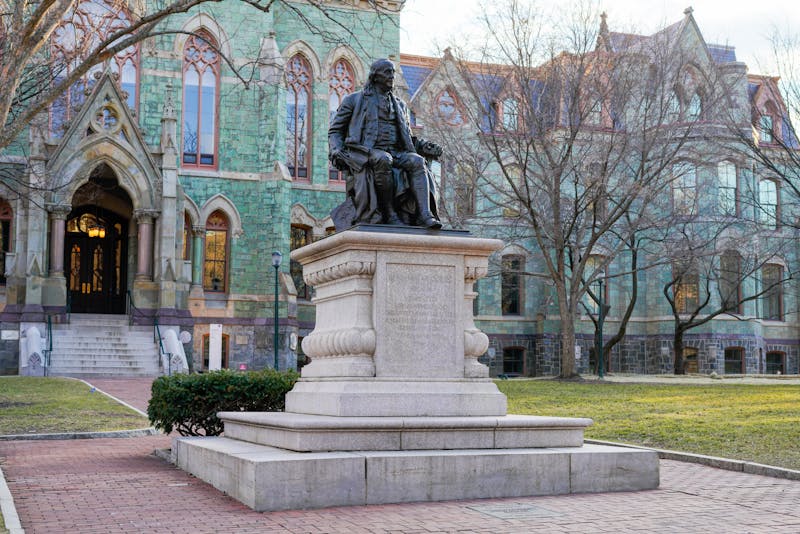
A new study from the Annenberg School for Communication found that political polarization has not significantly increased in the United States after the 2016 presidential election.
The study, led by Communication professor Yphtach Lelkes, was part of a series of multi-part research efforts looking into political polarization in the United States. Lelkes' research consisted of three studies, the first two of which were conducted in 2014 and 2017. The results of the studies found that respondents were more likely to prefer media critical of the opposing party than of their own. The study found that there was no statistical difference in the levels of partisanship shown.
“I’ve been studying polarization for a long time and elite discourse is arguably at its worst, which led us to theorize that partisanship would be worse since Trump took office," Lelkes told Annenberg News. "But we found that things really have not budged.”
According to the Annenberg website, Lelkes' first study measured how willing participants were to speak negatively of the opposite political party and their resistance to critiques of their own party. The second tested how much participants wanted to avoid members of the other party, even outside of political conversation or activities. The final study examined participants’ willingness to commit or condone actions that harmed members of the other party.
These findings run contrary to the media consensus that polarization increased significantly since the beginning of the 2016 campaign season. A study by Pew Research Center found that 2016 was the first time since 1992 that majorities in both parties expressed very unfavorable views of the opposite party, rather than just unfavorable views.
Two years into the Trump presidency, a poll conducted by NPR and PBS found that 90% of self-identified Republicans approve of the job Trump is doing, and 90% of Democrats disapprove.
Lelkes, however, did not directly blame Trump for causing this polarized response.
“Trump is a symptom of polarization rather than a cause of it,” Lelkes told Annenberg News. “People voted for him because of the highly polarized environment we already lived in; he didn’t create that environment.”
The study, published in Public Opinion Quarterly, was co-authored by Lelkes, Sean Westwood from Dartmouth College, and Erik Peterson from Texas A&M University.
The Daily Pennsylvanian is an independent, student-run newspaper. Please consider making a donation to support the coverage that shapes the University. Your generosity ensures a future of strong journalism at Penn.
Donate






